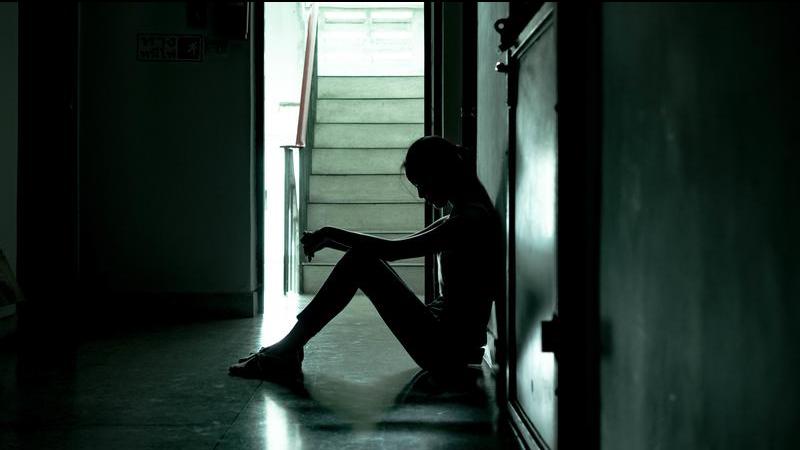
Shedding stigma remains key factor in battle against opioids
Local officials say there is still plenty of work to do to shed the stigma surrounding drug use and addiction.
This comes after new data from Alberta Health reported 33 drug poisoning deaths linked to opioids in 2020 in Grande Prairie, the most caused by opioids in the city since opioid overdose events began being publicly tracked and recorded in 2016.
For Community-Based Health and STBBI Program Manager with the Northreach Society Lindsay Loset, it wasn’t totally surprising to see an increase in overdose fatalities in 2020, amid public health restrictions that kept many people isolated for the last calendar year.
“And if people are using at home, that isolation piece is just intensified, I think.”